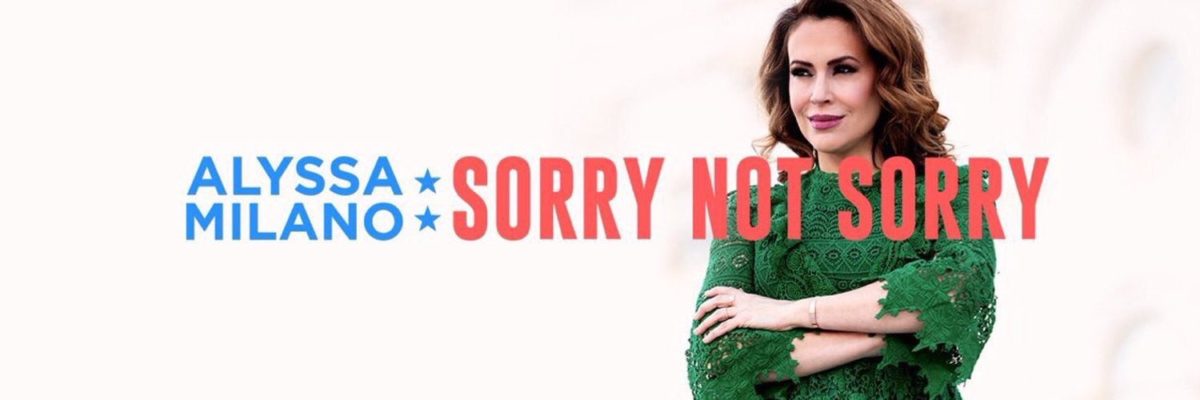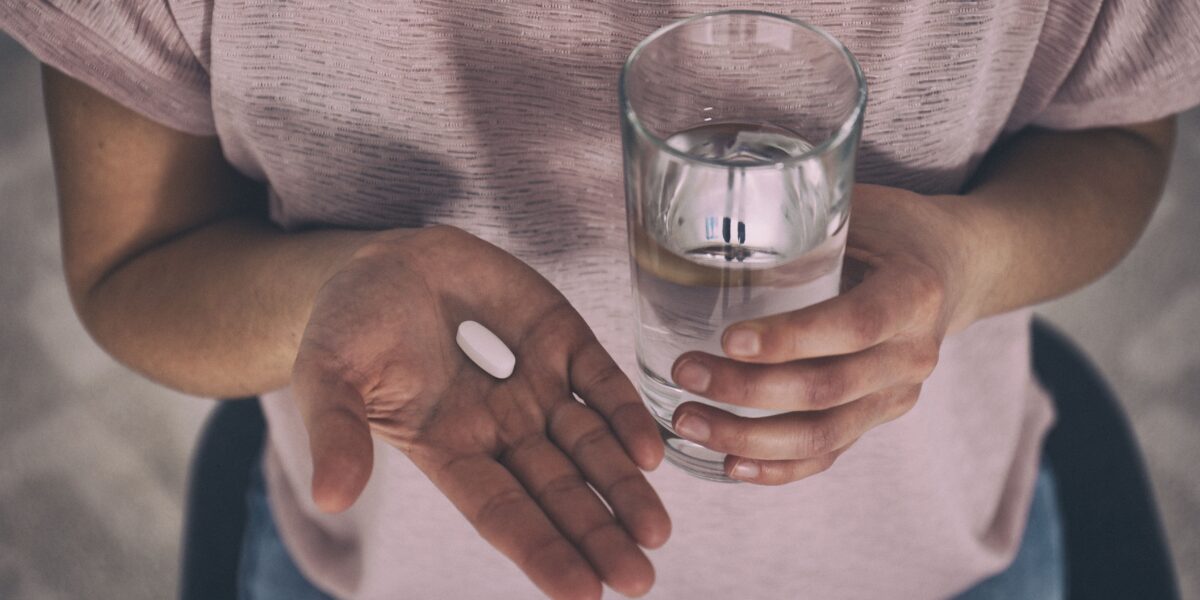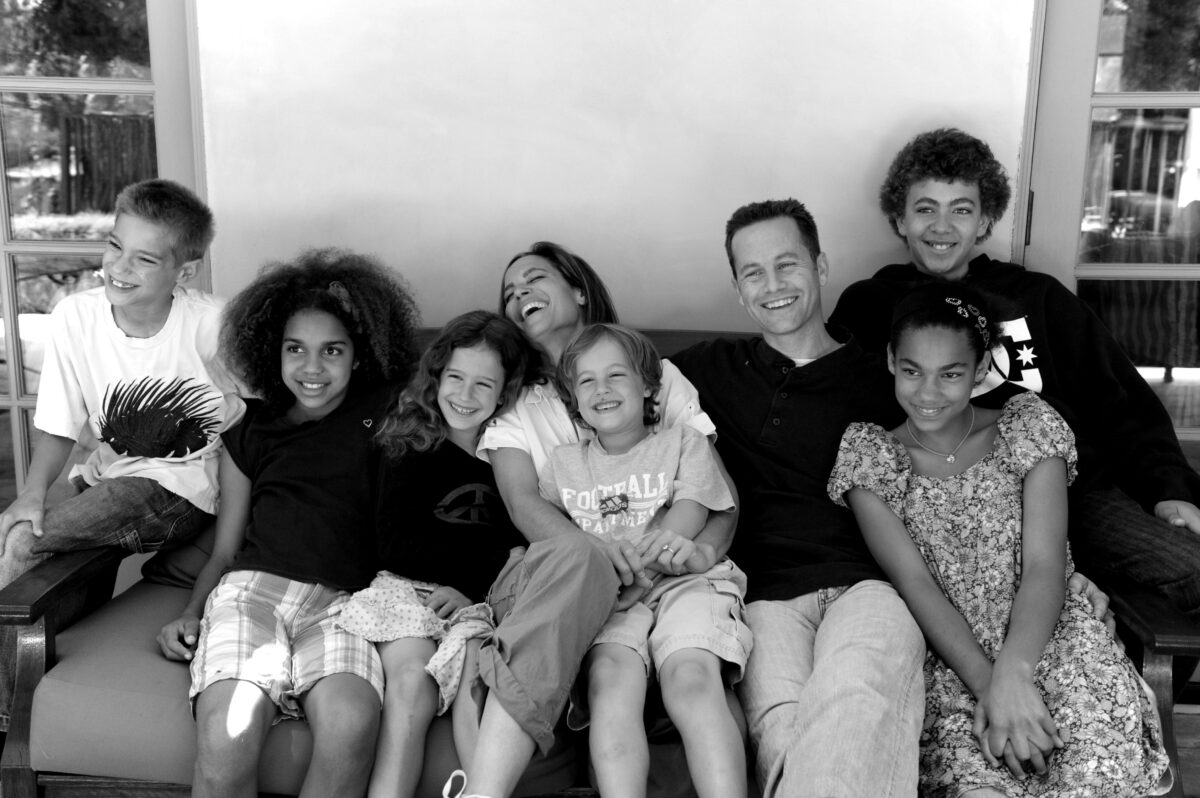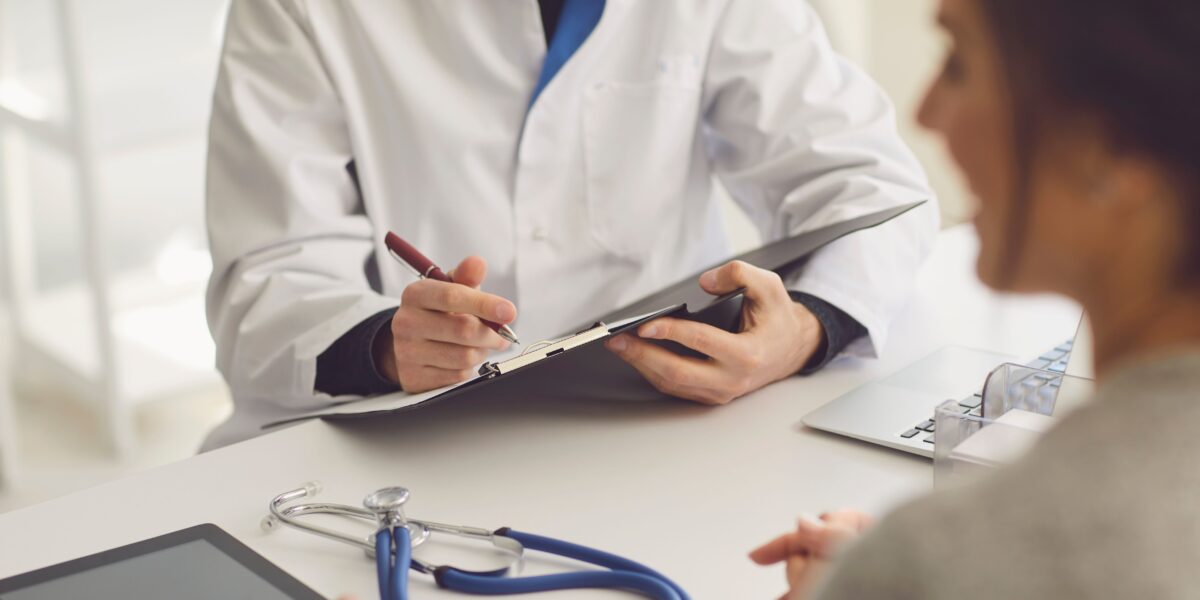This week, actress and pro-choice activist, Alyssa Milano discussed two abortions she had in 1993 on her weekly podcast “Sorry Not Sorry.” She and others said they did not regret their abortions.
Victoria Robinson, former pregnancy center director and a spokesperson for the pro-life ministry Save the Storks, says the facts tell a different story.
“For over two decades, I’ve met or counseled thousands of post-abortive women,” she said. “I can count on one hand how many of these women have told me they did not regret their abortions. The majority of them reported having very negative consequences, which they believe started after their abortions.”
According to a comprehensive analysis of 22 studies by Professor Priscilla Coleman, PhD, published in The British Journal of Psychiatry; “Women who had undergone an abortion experienced an 81 percent increased risk of mental health problems, and nearly 10 percent of the incidence of mental health problems was shown to be attributable to abortion.”
She also found that women with a history of abortion have higher rates of anxiety (34% higher), depression (37%), alcohol use/misuse (110%) and suicidal behavior (155%), compared to those who have not had an abortion.
The Canadian Journal of Psychiatry also found “strong associations between abortion and mental disorders.”
“Continued mainstream efforts to deny the significant distress that easily affects a minimum of 20 percent of those who abort are dishonest and disrespectful,” Coleman wrote in a letter posted to We Care, an abortion research organization.
Robinson, who has spent over 20 years working with pregnancy resource centers (PRCs), says support exists for women facing an unplanned pregnancy, as well as for those who are post-abortive.
“PRCs are one of the most valuable resources in our country today when it comes to helping the single mother during one of the scariest and most critical times of her life,” Robinson said. “When a single mother is faced with no support from her partner or even her own family, these centers help her find housing, a job, baby supplies and more. They’re also an excellent resource for post-abortion counseling”.
Additionally, she added, “The pro-life movement does not endorse or promote angry protests. In fact, it’s just the opposite. We are adamant about women hearing the truth about how an abortion can have long-term effects on her life. We want her to know and fully understand all of her options before making an abortion decision. The pro-life movement is pro-civil conversation, pro-education and pro-people.”
Currently there are close to 3,000 pregnancy resource centers in America. In Milano’s home state of California, Save the Storks has partnered with seven pregnancy resource centers to help them get mobile ultrasound units, called Stork Buses, to provide options and support for women facing unplanned pregnancies.
Nationwide, Save The Storks has placed 50 Stork Buses in 27 states since the innovative ministry began in 2012. More than 824 women have had ultrasounds on Stork Buses this year and 850 women have chosen life for their child in 2019.
To find a pregnancy resource center near you, visit:
CareNet Pregnancy Resource Center Locator: https://www.care-net.org/find-a-pregnancy-center
Heartbeat International Worldwide Directory of Pregnancy Help: https://www.heartbeatinternational.org/worldwide-directory
To find post-abortive help and counseling, visit: https://optionline.org/after-abortion-support/













